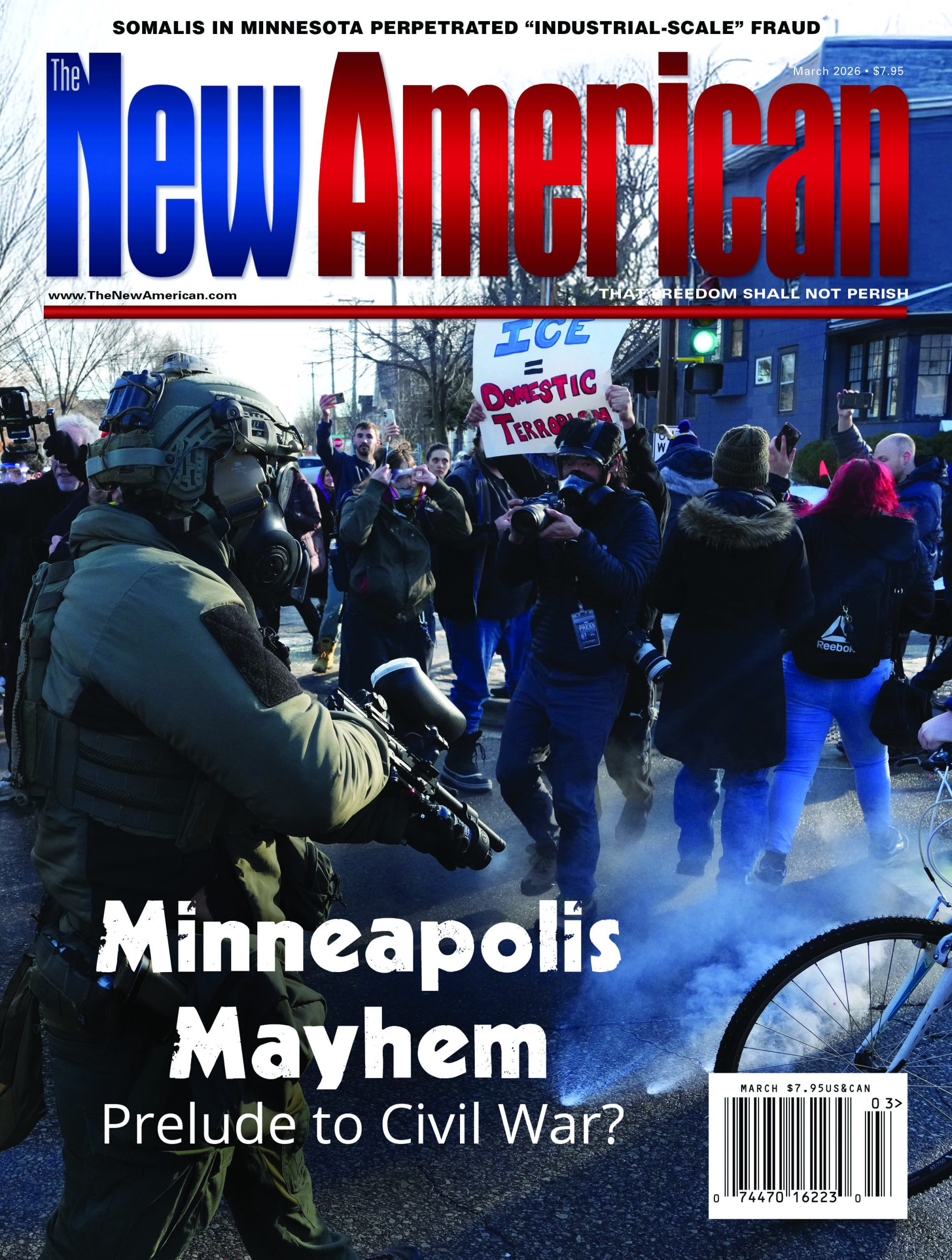Podcast: Play in new window | Download
The debate between Convention of States Project leaders and The John Birch Society regarding the Constitutional Convention of 1787 and whether or not it was a “runaway convention” has been going on for years.
In an interview with Bill Walton in October of 2022, Mark Meckler, president, and co-founder of COS said:
“There’s never been a runaway convention in American history”
This is wrong. The Constitutional Convention of 1787 was in fact a runaway convention. The delegates to the Convention of 1787 exceeded the authority of their sending state’s commissions for the purpose of revising the Federal Constitution – the Articles of Confederation and the Federal System – “adequate to the exigences of Government.” The end result was an entirely new Constitution, with a more a federal government possessed of powers that were to denied to them under the previous Federal Constitution.
That is the undeniable historical truth and COS leadership knows it. If an Article V constitutional convention were to be held in the 21st century, America would likely see the same result: the current Constitution replaced by an entirely one, with a federal government possessed of powers currently denied to it.
In the same interview, Meckler also said:
“There are no scholars on the right of national renown who believe there can be a runaway convention. And that’s a pretty audacious statement to make. But it’s a fact. There are none.”
Again, this is wrong. Many well-known constitutional scholars on both the right and the left have explained that the Philadelphia Convention of 1787 indeed was a runaway convention and that a second amendments convention would likely result in one as well. Watch our video about what historians and legal scholars say about holding another Constitutional Convention.
And finally, Meckler said:
“Professor Rob Natelson was the first person ever to pull from the National Archives the commissions of the men sent to convention. They actually came with documents that said what their authority was and what their power was. Imagine being the first open that drawer, pull those documents out. And what the commission say on seven of nine of them is that-“
“Who wrote the commissions?”
“The states themselves, state legislatures. So they’re saying to their delegates to convention, ‘here’s what you may and may not do.’ Seven out of nine of the states said that the commissioner has any and all authority necessary to render the federal constitution adequate for the exigencies of the union. There is no limitation on their power.”
On February 21, 1787, the Confederation Congress passed a resolution expressing its opinion that it is expedient that a Convention of delegates appointed by the several states be held in Philadelphia beginning in May 1787 for:
“The sole and express purpose of revising the Articles of Confederation and reporting to Congress and the several legislatures such alterations and provisions therein as shall when agreed to in Congress and confirmed by the states render the federal constitution adequate to the exigencies of Government & the preservation of the Union.”
Notice the language: “sole and express” and “reporting … alterations and provisions” to the “federal constitution.” Again, it cannot be stressed strenuously enough that the Articles of Confederation was the Constitution in 1787! Despite what you were taught in social studies class, that “weak” document saw us through a victorious war with one of the world’s most powerful empires.
As soon as a quorum of states was present at the Convention of 1787, Edmund Randolph of Virginia introduced what we call the “Virginia Plan,” a proposal that created an entirely new constitution, wherein was created an entirely new form of government, one that would be ratified by an entirely new process than the one required by the Articles of Confederation – the federal constitution that was then the law of the land.
Not only did the delegates at the Convention of 1787 violate the limits placed on their authority by Congress and the states, and not only did they break the rules established by Congress and the states before the convention began, but they produced a new constitution and a new form of government, completely tossing the then-Constitution and form of government onto the scrapheap of history.
If COS and other Article V Convention advocates are willing to deceive Americans into believing that the 1787 Convention was not a runaway convention in order to peddle a new one today, one must ask: what else are they not telling us?
Learn more about Article V and the amendment process by visiting JBS.org.


